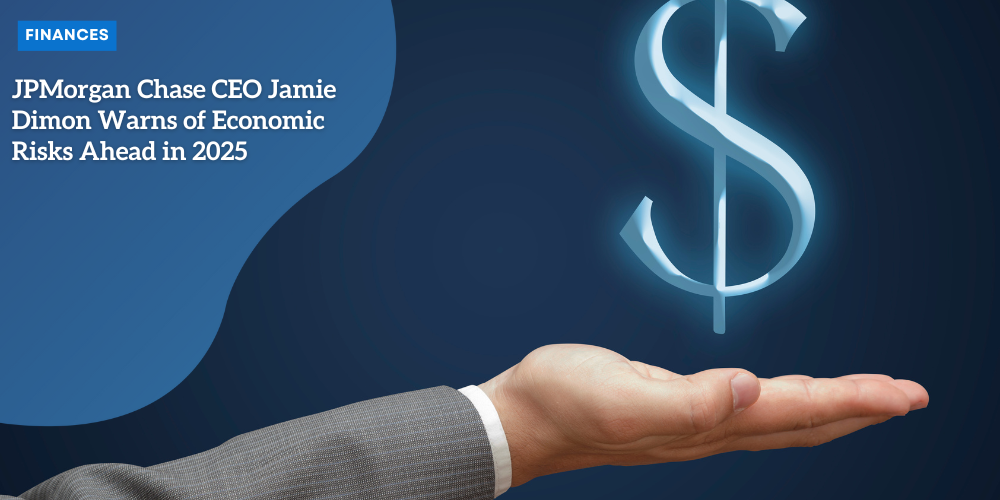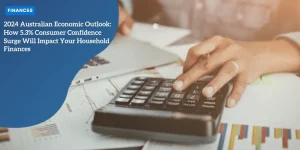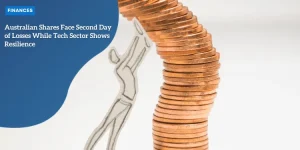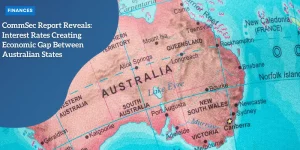JPMorgan Chase CEO Jamie Dimon Warns of Economic Risks Ahead in 2025

Anúncios
Jamie Dimon, the CEO of JPMorgan Chase, has issued a stern warning about the state of the U.S. economy, expressing concern that the nation may be on the brink of a downturn.
Known for his candid and sometimes cautionary outlook on economic conditions, Dimon raised alarms during his recent appearance at a Morgan Stanley conference, stating that there is a “real chance numbers will deteriorate soon.”
These remarks come as the boost from fiscal and monetary stimulus, which propped up the economy during the pandemic, continues to fade, leaving the country more vulnerable to economic decline.
While Dimon’s warning is not entirely new—he has frequently predicted challenging economic conditions, even before the trade tariffs imposed by former President Trump—it does highlight a critical juncture for the U.S. economy.
Anúncios
The stimulus measures that helped fuel economic growth during the pandemic are no longer providing the same level of support, and the U.S. is now facing greater downside risks.
According to Dimon, this shift could result in a more fragile economy, one that is particularly susceptible to negative changes.
The Slowdown: Factors Driving Economic Caution
Dimon’s remarks point to several key factors that could contribute to the economic deterioration he anticipates.
While employment remains strong and consumer spending continues to provide some support, Dimon emphasized that underlying sentiment is shifting.
Business leaders and consumers alike are becoming more cautious, with survey data showing increasing unease.
Anúncios
This growing anxiety can be partly attributed to the trade policies implemented by the Trump administration, particularly the tariffs on imports, which have led to heightened concerns about global trade and the U.S. economy’s long-term stability.
One of the challenges that Dimon noted is that neither businesses nor consumers are able to predict economic inflection points accurately.
These shifts often emerge gradually and are not immediately reflected in survey data.
This uncertainty can make it difficult to gauge when a significant economic downturn will take hold, but Dimon suggested that the warning signs are already becoming apparent.
In his comments, Dimon acknowledged that even in the case of a so-called “soft landing”—a scenario in which the economy avoids a severe recession—there could still be noticeable cracks in the economic foundation.
Employment could dip slightly, and inflation could rise marginally, complicating the outlook for both businesses and consumers.
One additional factor that could exacerbate the situation is declining immigration levels, which Dimon believes could further strain the labor market and put additional pressure on the economy.

The Surging Private Credit Market: A Cause for Concern
Dimon also raised concerns about the rapidly expanding private credit market, which has become a significant player in the financial world.
The private credit market is a corner of Wall Street that has seen tremendous growth, as investors seek higher yields outside of traditional lending channels.
While banks typically structure and then offload these deals to investors, Dimon cautioned that these investors might be left holding the bag if the economy takes a downturn.
“If I were a fund manager, I wouldn’t be buying credit today at these prices and these spreads,” Dimon remarked, signaling his unease with the current state of the private credit market.
This market’s rapid growth has raised red flags among economists and financial experts, especially as the risks associated with these investments become more apparent.
As concerns about a potential economic downturn increase, Dimon’s assessment adds to a growing chorus of warnings from other Wall Street leaders about the overstretched credit markets.
These markets have ballooned in recent years, as investors, driven by the search for higher returns, have poured money into higher-risk credit assets.
Now, as the safety net created by pandemic-era fiscal stimulus fades and interest rates remain elevated, Dimon’s cautionary words have become increasingly relevant.
The Impact of Trade Talks and Inflation Data on U.S. Stocks
Despite Dimon’s warning, U.S. stocks showed some positive movement on the afternoon of Wednesday, May 28, 2025, with investors responding favorably to signs of progress in U.S.-China trade talks.
The Dow Jones Industrial Average rose by 153 points, or 0.36%, reaching 43,020.07 as of 12:01 p.m. ET.
Investors were buoyed by the hope that the ongoing trade negotiations between the U.S. and China might lead to a resolution that could ease economic tensions.
Additionally, inflation data revealed minimal acceleration despite the ongoing tariffs under the Trump administration.
This sign of stability in inflation, coupled with the positive trade developments, gave investors a sense of optimism, even amid the broader economic concerns.
The stock market’s response to these factors highlights the complex interplay between trade policies, inflation, and overall market sentiment.
The risks associated with the fading effects of pandemic-era stimulus, combined with rising inflation and the potential for a slowdown in consumer spending, suggest that the economy could face headwinds in the near future.
Dimon’s Blunt Economic Assessments: A History of Early Warnings
Jamie Dimon is no stranger to making blunt and candid economic assessments, and his comments about the state of the U.S. economy are in line with his previous warnings.
His ability to assess risks and offer a realistic outlook has made him one of the most respected voices in the financial world.
While Dimon’s latest remarks were not entirely pessimistic, they reinforced his reputation for providing timely, albeit cautious, perspectives on the economy.
His concerns about the private credit market, inflation, and employment are backed by recent government data, which show a mixed outlook for the U.S. economy.
In May 2025, job growth and inflation moderated, further complicating the economic landscape as the Federal Reserve weighs its next moves on interest rates.
Dimon’s analysis suggests that the U.S. may be entering a more vulnerable phase of its economic recovery.
With the economic boost from pandemic-era fiscal and monetary stimulus wearing off, the country could be facing an economic shift that requires careful navigation. Investors, Dimon emphasized, should be prepared for potential challenges ahead.
| Risk Area | Current Status | Investor Action |
|---|---|---|
| ⚠️ Economic Outlook | Entering a more vulnerable phase | Stay informed and plan for volatility |
| 📉 Recession Risk | Not imminent, but possible | Adopt a cautious investment strategy |
| 💵 Private Credit Market | Signs of mounting stress | Avoid or evaluate high-risk credit assets carefully |
| 🔥 Inflation Impact | Still pressuring consumer spending | Consider inflation-hedging assets |
| 🧭 Strategic Advice | Dimon urges caution and preparation | Diversify, monitor risks, and stay adaptable |
Conclusion: Navigating Uncertainty in 2025 and Beyond
In conclusion, while the U.S. economy remains strong in certain areas, such as employment and consumer spending, there are growing signs of caution.
Jamie Dimon’s warning highlights the risks associated with the fading effects of pandemic-era stimulus and the growing concerns in the private credit market.
As the economy enters a more vulnerable phase, both businesses and investors will need to adjust their strategies to navigate the challenges ahead.
The evolving trade talks with China and the moderation of inflation offer some hope, but Dimon’s analysis suggests that the economic outlook remains uncertain.
For those looking to secure their financial futures, staying informed and prepared for potential shifts in the market will be key to weathering any challenges that may arise.






